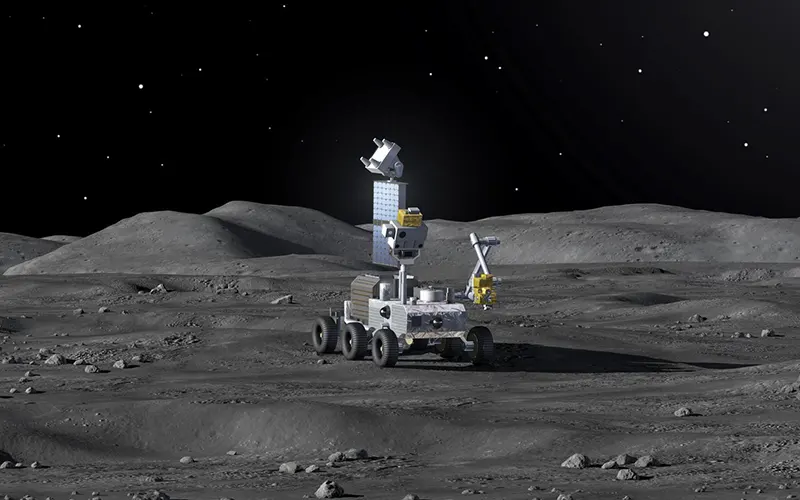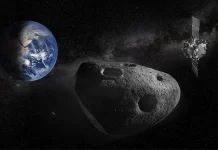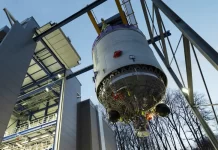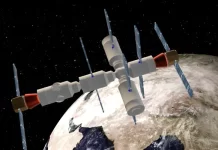
The European Space Agency has awarded a contract to Luxembourg-based ispace EUROPE to develop a rover that will study the surface of the Moon.
The ispace EUROPE-led consortium was awarded an initial pre-Phase A contract for the Mission for Advanced Geophysics and Polar Ice Exploration (MAGPIE) in December 2024. MAGPIE is being developed under ESA’s Small Missions for Exploration programme, which was introduced to support low-cost, rapid-development space missions that advance Europe’s exploration objectives.
The primary objectives of the MAGPIE mission are to explore and characterise volatile deposits in the lunar polar regions and to search for water ice that could support a sustained human presence on the Moon. While few details about the rover itself have been released, a paper presented at the 23rd IAA Symposium described MAGPIE as “a midsized rover.”
On 3 June, ESA awarded ispace an extension of its pre-Phase A contract, bringing the total contract value to €2.695 million. According to an ispace press release issued the same day, the extension will support collaboration on the implementation phase of the MAGPIE mission to the Moon. This includes the development of the mission concept, maturation of payload technologies, interface design, and prototype manufacturing in preparation for a future lunar exploration mission. However, no projected timeline has been provided for when the mission might launch.
“We are excited to work with ESA in laying the groundwork for Europe’s future lunar endeavors,” explained ispace EUROPE CEO Julien-Alexandre Lamamy.
In addition to ispace, the consortium of companies and institutions involved in the MAGPIE project includes the Technical University of Munich (Germany), the University of Oslo’s Centre of Space Sensors and Systems (Norway), KP Labs (Poland), the Czech Technical University’s Institute of Experimental and Applied Physics (Czech Republic), and the Open University (United Kingdom).





[…] März und Artikel von Mai und April zur 3. und weiteren Missions-Plänen und ein ispace Release und ein Artikel zur Zusammenarbeit mit der ESA beim Rover MAGPIE, an dem auch die TU München beteiligt ist. [19:35 […]